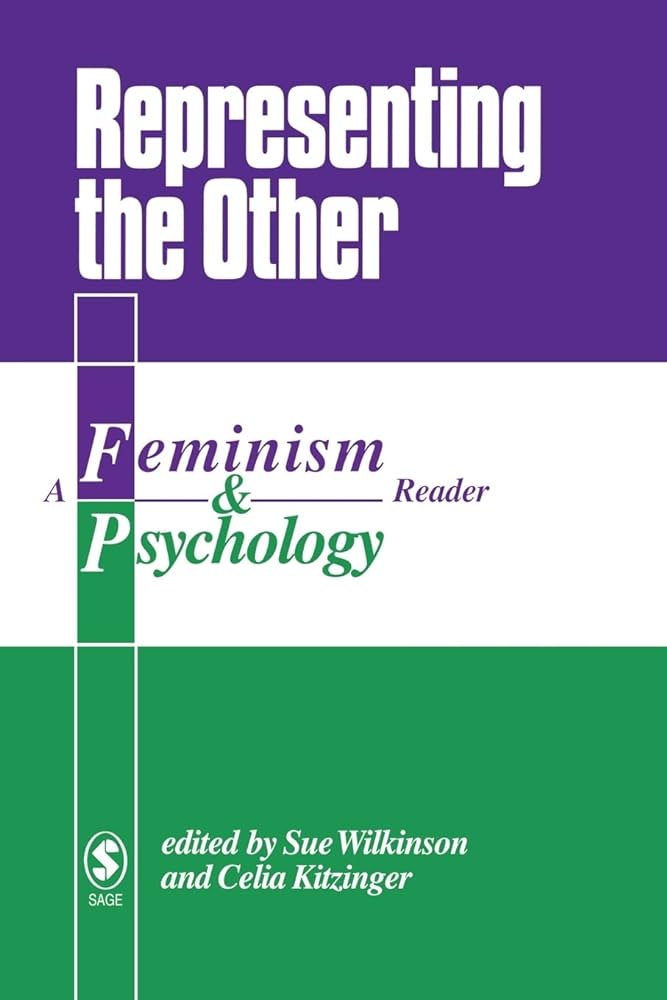代孕者、卵子捐赠者和母亲的建构:瑞典同性恋父亲的叙述
IF 1.9
3区 心理学
Q2 PSYCHOLOGY, MULTIDISCIPLINARY
引用次数: 3
摘要
该研究详细探讨了瑞典同性恋父亲(通过代孕)如何谈论代孕母亲和卵子捐赠者。对22名同性恋父亲进行了13次半结构化访谈,并使用批判性话语分析进行了分析。代理人主要被构建为亲密的家庭成员,但偶尔在他们的工具功能方面。他们通常被描述为积极和独立,但偶尔也会被描述为脆弱或被剥削。在一些采访中,卵子捐赠者被描述为亲密的家庭成员,而另一些人则把他们描述为远交。此外,供体要么被构建为一个重要的个体(对父亲来说),要么被构建为卵母细胞的辅助提供者。虽然一些参与者将代孕母亲和/或捐赠者视为他们孩子的母亲,但其他人对母亲的概念更不情愿或矛盾。总而言之,参与者参与的修辞工作对代孕产生了积极的影响,他们自己的决定被描绘成坚实、道德和真诚的。参与者的积极框架可以被理解为一种反话语的产生,与瑞典正在进行的辩论有关,其中代孕被构建为剥削,非人化和卖淫。本文章由计算机程序翻译,如有差异,请以英文原文为准。
Constructions of surrogates, egg donors, and mothers: Swedish gay fathers’ narratives
The study explored in detail how Swedish gay fathers (through surrogacy) talked about the surrogate mother and the egg donor. Thirteen semi-structured interviews with 22 gay fathers were conducted and analysed using critical discursive analysis. The surrogates were primarily constructed as a close family member, but occasionally in terms of their instrumental function. They were often described as active and independent, but occasionally as vulnerable or exploited. The egg donors were in some interviews constructed as close family members, while others talked about them as distant acquaintances. Further, donors were constructed either as a significant individual (for the fathers), or as an instrumental provider of the oocyte. While some participants constructed the surrogate and/or donor as their child’s mother(s), others were more reluctant or ambivalent about the mother construct. In conclusion, the participants engaged in rhetorical work that shed a positive light on surrogacy, and their own decisions were depicted as solid, ethical and genuine. The participants’ positive framing can be understood as the production of a counter discourse, in relation to an ongoing debate in Sweden, in which surrogacy is constructed as exploitation, dehumanization and prostitution.
求助全文
通过发布文献求助,成功后即可免费获取论文全文。
去求助
来源期刊

Feminism & Psychology
Multiple-
CiteScore
3.30
自引率
11.10%
发文量
51
期刊介绍:
Feminism & Psychology provides a forum for debate at the interface between feminism and psychology. The journal"s principal aim is to foster the development of feminist theory and practice in – and beyond – psychology. It publishes high-quality original research, theoretical articles, and commentaries. We are interested in pieces that provide insights into the gendered reality of everyday lives, especially in relation to women and girls, as well as pieces that address broader theoretical issues. Feminism & Psychology seeks to publish work from scholars, researchers, activists and practitioners at all stages of their careers who share a feminist analysis of the overlapping domains of gender and psychology.
 求助内容:
求助内容: 应助结果提醒方式:
应助结果提醒方式:


